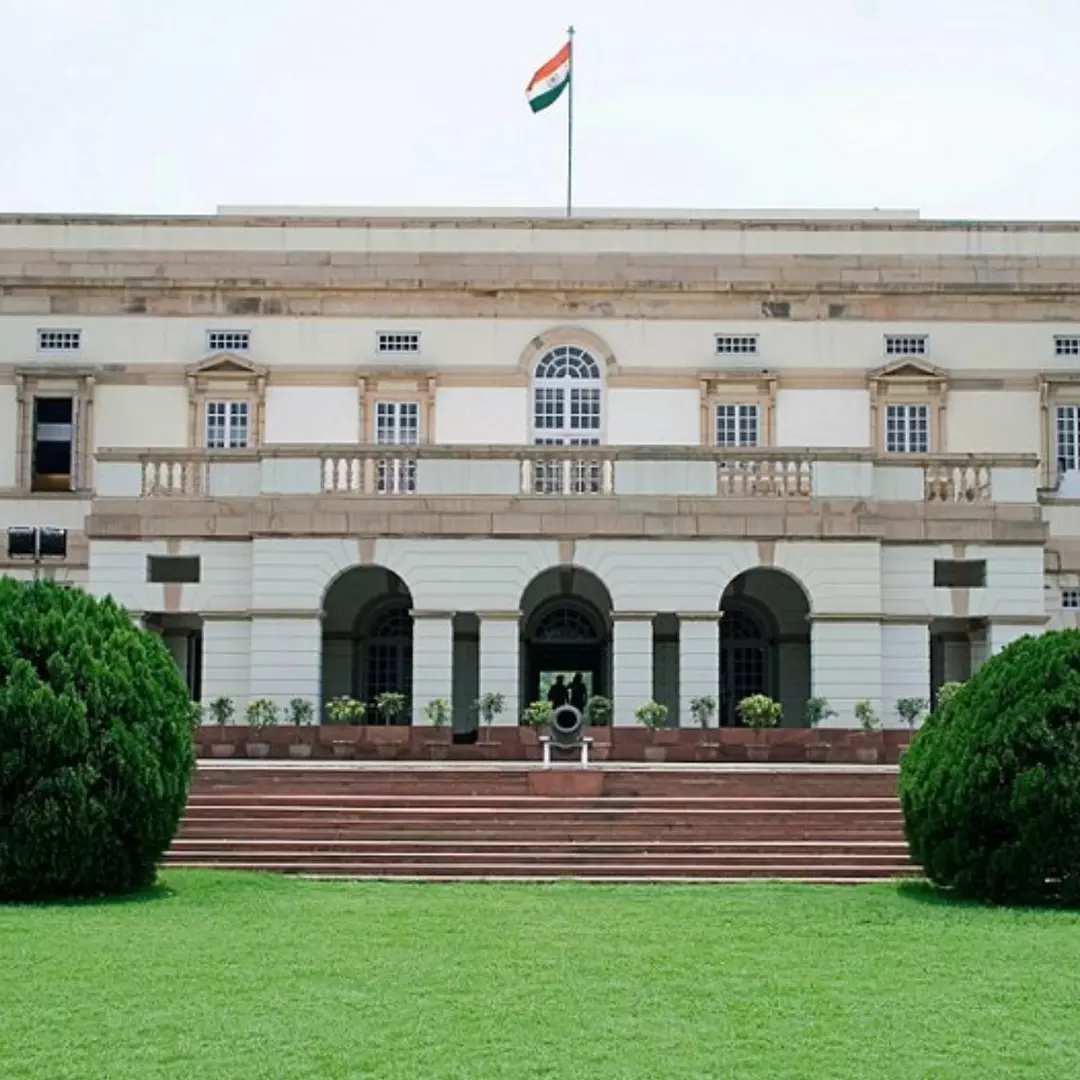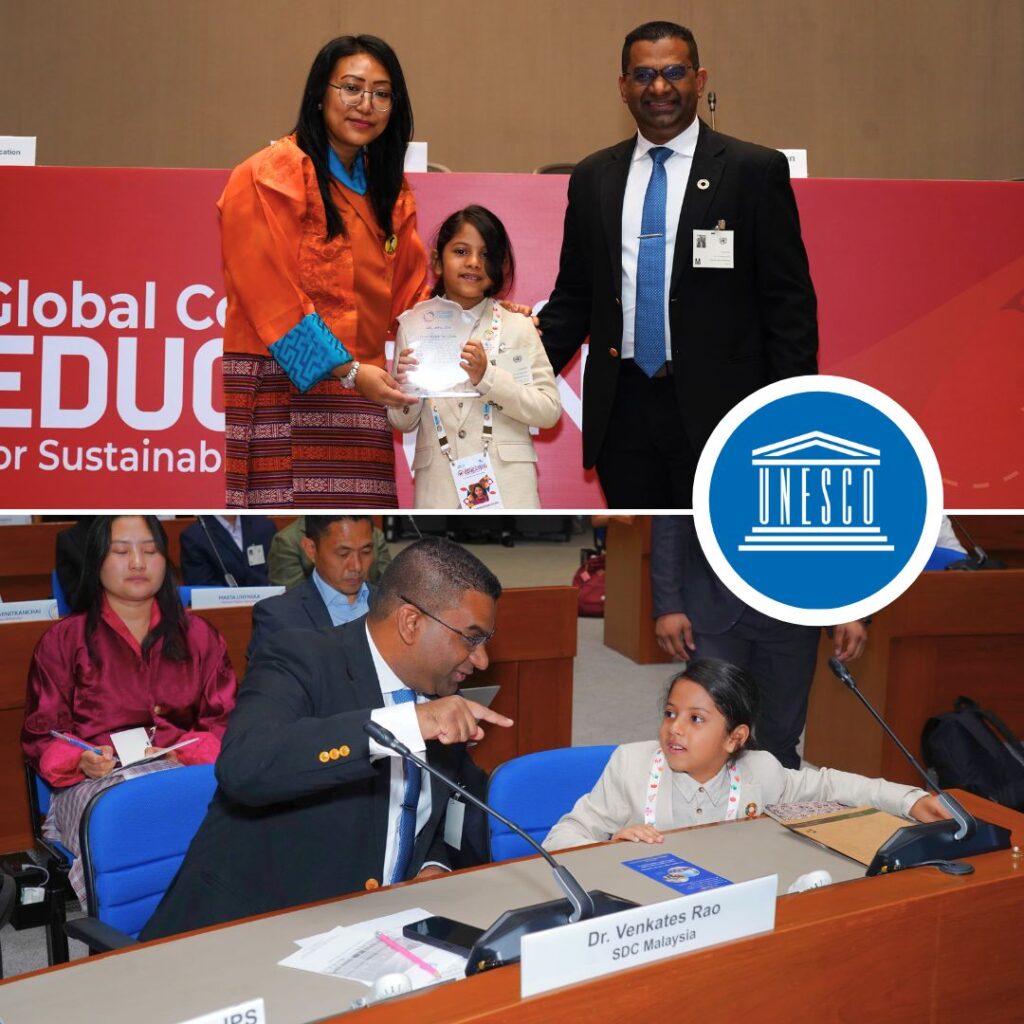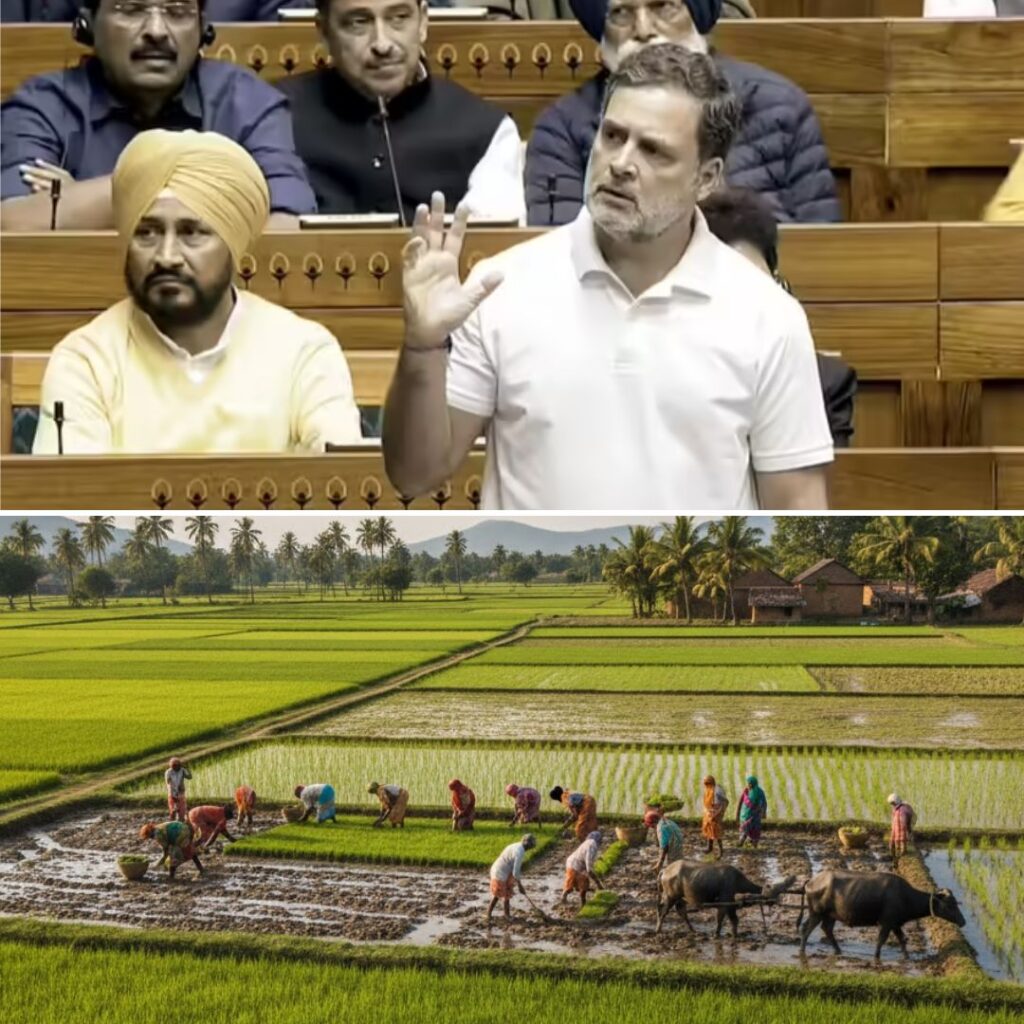With the renaming of the Nehru Memorial Museum and Library to the Prime Ministers’ Museum and Library Society, the Congress party has accused Prime Minister Narendra Modi of pursuing a consistent agenda to distort, denigrate, defame, and destroy the legacy of Jawaharlal Nehru. Despite this campaign, the opposition party firmly believes that Nehru’s legacy will endure and continue to inspire future generations.
Congress General Secretary Jairam Ramesh expressed his thoughts on the matter, highlighting the renaming of the iconic institution. He emphasized that Modi appears to harbor a multitude of fears, insecurities, and complexes, especially concerning India’s first and longest-serving Prime Minister, Nehru. Ramesh alleged that Modi’s actions are aimed at erasing, distorting, and undermining Nehru’s contributions.
By replacing the “N” in NMML with a “P” for “Prime Ministers,” Ramesh asserted that this change symbolizes pettiness and resentment. Despite these attempts, he firmly stated that Modi cannot diminish Nehru’s immense role in the country’s freedom movement, as well as his foundational work in building India’s democratic, secular, scientific, and liberal framework. Ramesh criticized Modi and his allies for currently challenging these core principles.
From today, an iconic institution gets a new name. The world renowned Nehru Memorial Museum and Library (NMML) becomes PMML—Prime Ministers’ Memorial Museum and Library.
Mr. Modi possesses a huge bundle of fears, complexes and insecurities, especially when it comes to our first…
— Jairam Ramesh (@Jairam_Ramesh) August 16, 2023
Ramesh further maintained that despite the ongoing efforts to tarnish Nehru’s legacy, his impact will remain evident for the global community. Nehru’s ideals are poised to inspire generations to come, despite Modi’s relentless attacks on his legacy. Congress MP Manickam Tagore also criticized the renaming, attributing the change to the RSS/BJS/BJP/Narendra Modi’s well-known dislike for Nehru. He invoked the names of other prime ministers and their roles in inaugurating or closing the institution, emphasizing Nehru’s enduring significance, reported Hindustan Times.
The official renaming of the Nehru Memorial Museum and Library to the Prime Ministers’ Museum and Library Society took effect on August 14, as confirmed by a senior official. The Nehru Museum and Library Society is a prominent museum and library situated in New Delhi, India. Its primary objective is to preserve and reconstruct the historical narrative of India’s independence movement.
History Of Nehru Memorial Museum
Housed within the Teen Murti House complex, the institution operates autonomously under the aegis of the Indian Ministry of Culture. Established in 1964 following the demise of India’s first Prime Minister, Jawaharlal Nehru, the society is dedicated to fostering academic research in the realm of modern and contemporary history.
At present, the Nehru Memorial Library stands as a preeminent global resource center focused on India’s inaugural Prime Minister. Within its archives lie a substantial portion of Mahatma Gandhi’s writings, as well as private documents belonging to figures such as Swami Sahajanand Saraswati, C. Rajagopalachari, B. C. Roy, Jayaprakash Narayan, Charan Singh, Sarojini Naidu, and Rajkumari Amrit Kaur.
In March 2010, the institution launched an ambitious digitization project for its extensive archives. By June 2011, nearly 867,000 manuscript pages and 29,807 photographs had been scanned, with 500,000 pages subsequently made available on the digital library website. The Nehru Memorial Library has also made noteworthy contributions to literature, producing publications like the “Selected Works of Jawaharlal Nehru,” “Man of Destiny” by Ruskin Bond, and the “Nehru Anthology” (1980).
Over time, the Nehru Memorial Museum & Library has extended support to scholars and historians across India. Through initiatives like the Nehru Memorial Fellowship, it has provided funding to some of the country’s finest academics, including figures like Chief Information Commissioner OP Kejriwal. Notably, the institution houses an extensive collection of resources related to social sciences, particularly concerning labour issues. This compilation includes PhD dissertations, reports, books, journals, and newspapers.
The architecture of the institution is a testament to its historical significance. Designed by Robert Tor Russell, the same architect behind landmarks such as Connaught Place and portions of Janpath, the complex spreads across 30 acres. Construction commenced in 1929 and concluded within a year. Evident of British and French architectural influences, the building originally known as Flagstaff House served as the residence of the British Commander-in-Chief.
Post-independence, the dwelling transitioned into the residence of Jawaharlal Nehru, India’s inaugural Prime Minister. Following Nehru’s passing in 1964, the decision was made to convert Teen Murti Bhawan into a museum and library that would actively promote original research within the context of modern Indian history, with a specific focus on the Nehruvian era. The institution was inaugurated on Nehru’s birth anniversary, November 14, 1964, by then-President Sarvepalli Radhakrishnan.ove has sparked debate and criticism, reflecting the differing perspectives on the legacy of Jawaharlal Nehru and the motivations behind the renaming.
Also Read: Haryana Female Coach Suspended After Filing Harassment Case Against Minister
https://thelogicalindian.com/h-upload/2023/08/16/500x300_232880-web-47-2.webp
Trending
2023-08-16 13:12:58.0
NMML Renamed To Prime Ministers’ Museum & Library Society, Opposition Attacks











